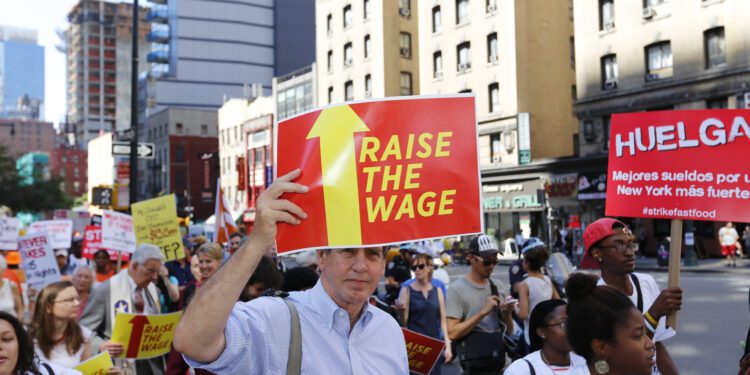In 2024, about half of the U.S. states raised their minimum wages, with significant increases in places like Nevada, Oregon, and various localities. While intended to help workers, these mandated pay increases can have unintended negative consequences, wrote Rachel Greszler, a senior research fellow at the Roe Institute at The Heritage Foundation, a conservative thinktank in Washington, D.C., for CNN. For instance, in California, a special minimum wage of $20 per hour for fast-food workers has led to numerous business closures and layoffs, illustrating the adverse effects on those it aims to assist.
The impact of minimum wage hikes extends beyond California, affecting fast-food workers nationwide. These jobs, often held by young and less-educated individuals, serve as crucial entry points into the workforce. However, with the new wage mandates, fewer opportunities are available, and businesses are forced to cut hours or eliminate positions altogether. This trend is evident in cities like Chicago, Oregon, and Montgomery County, Maryland, where recent wage hikes have led to similar outcomes.
Raising the minimum wage can also lead to broader economic repercussions, such as increased automation and higher consumer prices. Studies, including one by the National Bureau of Economic Research, have shown that higher minimum wages often result in job losses, particularly for teens and less-educated workers. Instead of focusing on wage mandates, policymakers should consider alternative solutions like apprenticeships and reducing regulatory burdens to help workers achieve sustainable income growth without the negative side effects of minimum wage hikes.












